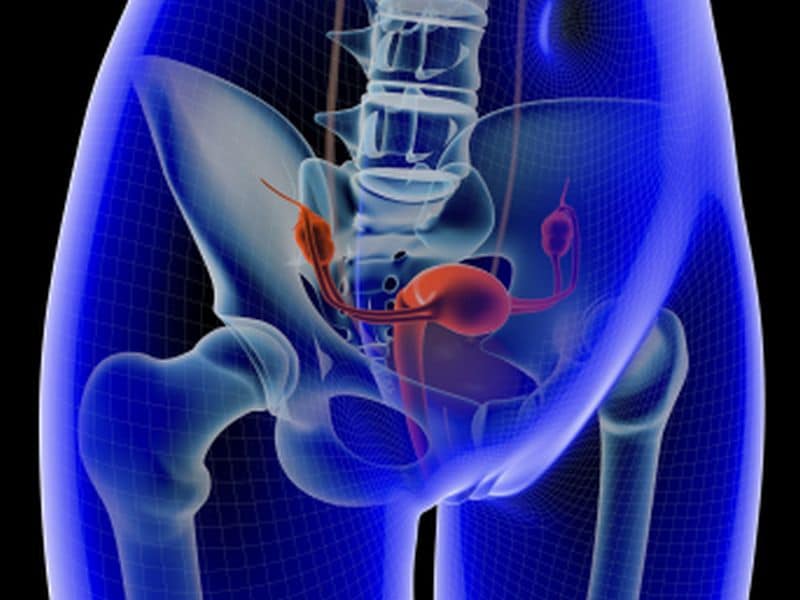THURSDAY, July 30, 2020 (HealthDay News) — For women with symptomatic uterine fibroids, fibroid-related quality of life at two years is better for those undergoing myomectomy than those undergoing uterine-artery embolization, according to a study published in the July 30 issue of the New England Journal of Medicine.
Isaac Manyonda, Ph.D., from St. George’s Hospital and Medical School in London, and colleagues conducted a multicenter, randomized, open-label trial to assess myomectomy versus uterine-artery embolization in 254 women with symptomatic uterine fibroids who did not want to undergo hysterectomy. Participants recruited from 29 U.K. hospitals were randomly assigned to either myomectomy or uterine-artery embolization (105 and 98 underwent myomectomy and embolization, respectively).
Data on the primary outcome of fibroid-related quality of life were available for 206 women. The researchers found that the mean score on the health-related quality of life domain of the Uterine Fibroid Symptom and Quality of Life (UFS-QOL) questionnaire was 84.6 ± 21.5 and 80.0 ± 22.0 in the myomectomy and uterine-artery embolization groups at two years (mean adjusted difference, 8.0 points). Regardless of adherence to the assigned procedure, perioperative and postoperative complications from all initial procedures occurred in 29 and 24 percent of women in the myomectomy and uterine-artery embolization groups, respectively.
“The 6-to-8-point benefit, on average, in health-related quality-of-life scores in the myomectomy group, as compared with the uterine-artery embolization group, is consistent with a small-to-moderate standardized treatment benefit at two years,” the authors write.
One author disclosed receiving fees from Gedeon Richter for serving as an expert witness.
Abstract/Full Text (subscription or payment may be required)
Editorial (subscription or payment may be required)
Copyright © 2020 HealthDay. All rights reserved.


